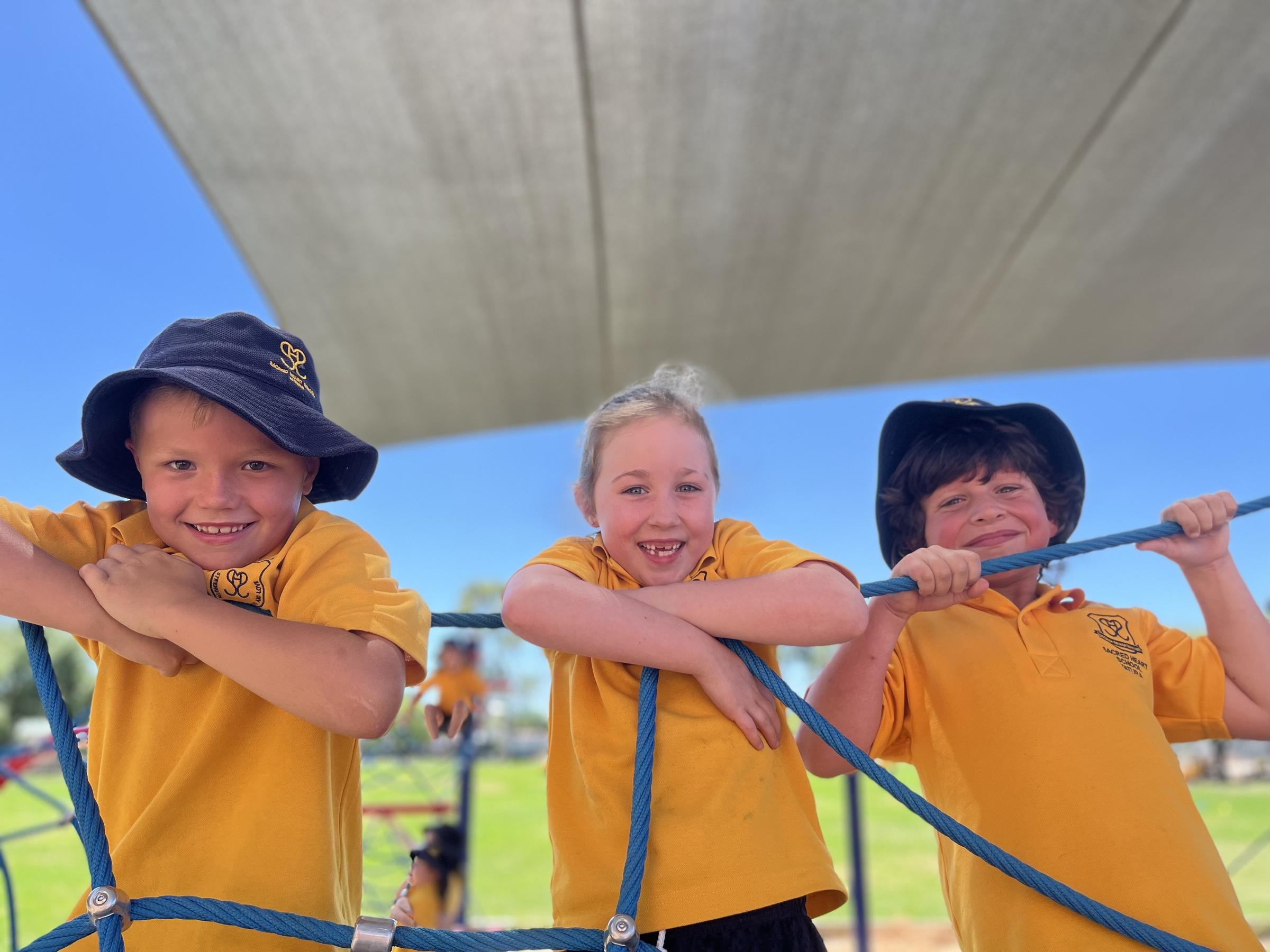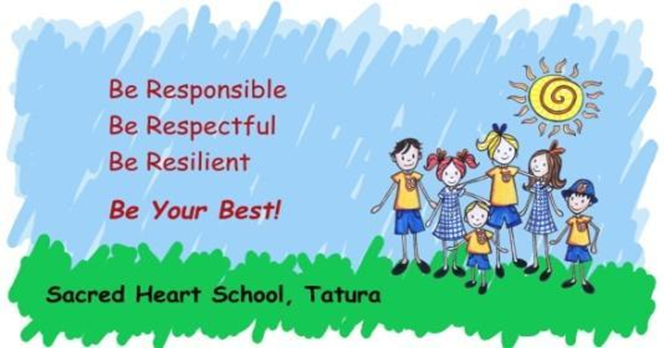Wellbeing Matters

I hope that all our mother figures had the opportunity to enjoy time with their children and extended families. It’s days like this that allow us to reflect and enjoy on the beauty of families. Did you know that this week is National Families Week?
National Families Week is a time to celebrate with your family, connect with your extended family and friends, and share in the enjoyment of family activities within the wider community. No matter where you live – in our major cities or a remote community in the country – all Australians.
National Families Week is a time to celebrate the importance of families and their values in our communities. Family values form the foundation for children to understand right from wrong and to make independent good decisions when you are not there to guide them. Your family values define what you, as a family, think is important, what is good, and how you want to live.These values may differ from one family to the next, however, there are some fundamental core values that tend to match within societies’ values, such as love, kindness, trust, honesty, respect, generosity, courtesy, fairness, right, and wrong.
To celebrate National Families Week, we encourage you to establish your family values. Here are some tips that can help you get started.
Top Tips
1. Establish your own values. Identify what you see as the most important values for you and your family at this time – discuss these with your partner if you have one.
2. Write a list. This will help to keep you and the family accountable.
3. Embed them. Discuss how you could start to do these things more around the home. For example, kindness – offering to help each other, being polite, etc.
Defining Bullying
Bullying is an ongoing and deliberate misuse of power in relationships through repeated verbal, physical and/or social behaviour that intends to cause physical, social and/or psychological harm. It can involve an individual or a group misusing their power, or perceived power, over one or more persons who feel unable to stop it from happening.
Bullying can happen in person or online, via various digital platforms and devices and it can be obvious (overt) or hidden (covert). Bullying behaviour is repeated, or has the potential to be repeated, over time (for example, through sharing of digital records).
Bullying of any form or for any reason can have immediate, medium and long-term effects on those involved, including bystanders. Single incidents and conflict or fights between equals, whether in person or online, are not defined as bullying.
The 3 main features of bullying are:
- the misuse of power in a relationship
- it is ongoing and repeated
- it involves behaviours that can cause harm.
What is not bullying?
There are also some behaviours, which, although they might be unpleasant or distressing, are not bullying:
- mutual conflict that involves a disagreement, but not an imbalance of power. Unresolved mutual conflict can develop into bullying if one of the parties targets the other repeatedly in retaliation
- single-episode acts of nastiness or physical aggression, or aggression directed towards many different people, is not bullying
social rejection or dislike is not bullying unless it involves deliberate and repeated attempts to cause distress, exclude or create dislike by others.
Bullying can happen at school, at home or online. It is never okay and it is not a normal part of growing up.
Joke of the week
There was a Roman emperor who never aged after he turned 19.
His name was constant teen...
Just for fun......
Niente Senza Gioia
Dom POPPA
Pastoral Wellbeing Leader




